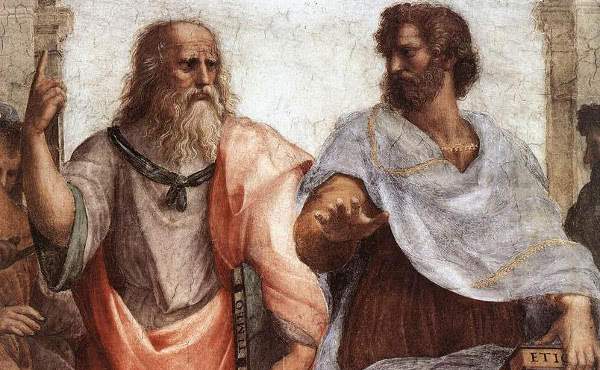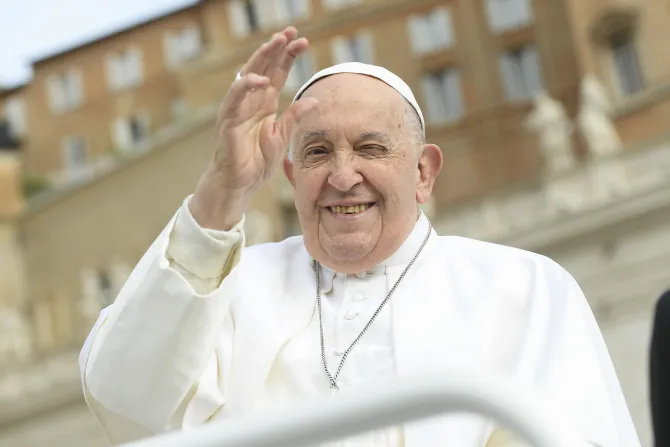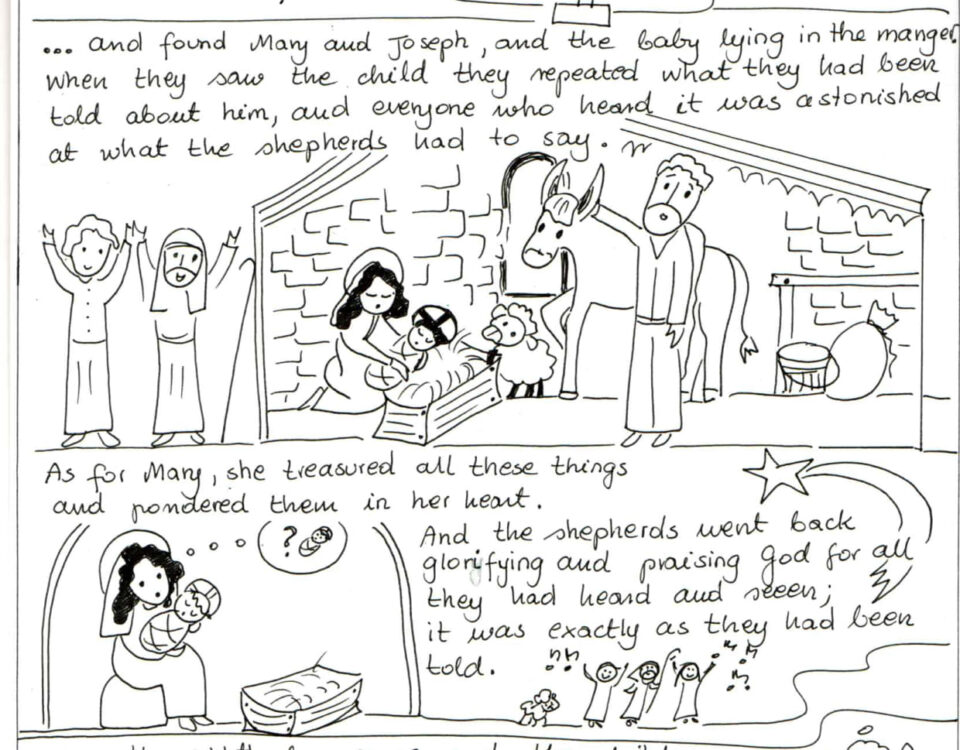Divine Retreat Centre UK – Official Website
Seeking God
February 13, 2023“Treasures of Healing in the Catholic Church” – Part II
February 15, 2023(This is a two part article on the wonders of healing with our Lord)
As the Ordinary Time begins, we are beginning to hear once again about the accounts of healing that Jesus Christ accomplished in the Gospels. When we learn about the significance of his healing ministry and its continuity as a living tradition of the Church, we will always be seeking the divine healing that comes only through Christ.
There’s something very mysterious about healing. If we look at the features of a particular disease, we will find that it may have specific signs/symptoms and yet it doesn’t always affect everyone in the same degree or duration. People can either get healed totally, slightly, immediately, progressively or not at all. It doesn’t take being a doctor to solve all the mysteries about healing. It also takes knowing the mysteries of God, the Creator and Author of Life, in order to unravel the mysteries about healing.
In the Scripture, it’s written that God is the ultimate Physician. He is the source of all healing. Whether we’ve been healed from doctors, medicines, or natural remedies, every healing we receive is a gift from God. “He gave skill to human beings that he might be glorified in his marvelous works. By them the physician heals and takes away pain; the pharmacist makes a mixture from them. God’s works will never be finished; and from him health spreads over all the earth” (Sirach 38:6-8). “The Lord created medicines out of the earth, and the sensible will not despise them” (Sirach 38:4).
The fact that God intervenes for our healing means that we have a God who is kind, gracious, compassionate, and merciful. It means he desires to make his identity and his works known to us. It means he desires to be a part of our reality—not just a distant spectator of the life he created. “My child, when you are ill, do not delay, but pray to the Lord, and he will heal you” (Sirach 38:9). “for I am the Lord who heals you” (Exodus 15:26). No matter what kind of sickness we have, God is necessary for our healing. God is a God of order and peace. Anything that disrupts the proper order of God naturally leads to ‘disorder’. If we go back in the history of salvation, the history of healing also began in the same moment that mankind has first fallen into sin.
When Adam and Eve ate the fruit from the tree of the knowledge of good and evil which God commanded them not to eat, they also began hiding from God and turn against each other. They also started having pain and suffering (see Genesis 3:16-19). But God made a promise that he will restore mankind’s pain into healing. God promised a savior (in Genesis 3:15). In Latin, the word “Savior” is “Salvator”, which is connected with the word “salve” (a healing balm). When God promised us a savior, he promised a healer who will come to give us a cure and to bring our disorder back into order.
Healing as the sign of the Messiah
In the book of Isaiah, he prophesied that one of the signs of the coming Messiah is his power to heal every kind of infirmity—blindness, deafness, lameness, dumbness. “Say to those who are of a fearful heart, ‘Be strong, do not fear! Here is your God. He will come with vengeance, with terrible recompense. He will come and save you.’ Then the eyes of the blind shall be opened, and the ears of the deaf unstopped; then the lame shall leap like a deer, and the tongue of the speechless sing for joy. For waters shall break forth in the wilderness, and streams in the desert” (Isaiah 35:4-6).
There are so many prophecies about the Messiah as a healer. God says, “I have seen their ways, but I will heal them; I will lead them and repay them with comfort, creating for their mourners the fruit of the lips. Peace, peace, to the far and the near, says the Lord; and I will heal them” (Isaiah 57:18-19). “For I will restore health to you, and your wounds I will heal, says the Lord” (Jeremiah 30:17). “I am going to bring it recovery and healing; I will heal them and reveal to them abundance of prosperity and security” (Jeremiah 33:6). “Come, let us return to the Lord; for it is he who has torn, and he will heal us; he has struck down, and he will bind us up” (Hosea 6:1).
In Isaiah’s prophecies, he also spoke about the Messiah and his suffering as the source of our healing. “He was despised and rejected by others; a man of suffering and acquainted with infirmity; and as one from whom others hide their faces he was despised, and we held him of no account. Surely, he has borne our infirmities and carried our diseases; yet we accounted him stricken, struck down by God, and afflicted. But he was wounded for our transgressions, crushed for our iniquities; upon him was the punishment that made us whole, and by his bruises we are healed” (Isaiah 53:3-5).
All these prophecies were fulfilled in one person—Jesus Christ. In revealing himself as the promised Messiah, Jesus simply proved it by the works he accomplished. “When the men had come to him, they said, ‘John the Baptist has sent us to you to ask, ‘Are you the one who is to come, or are we to wait for another?’ Jesus had just then cured many people of diseases, plagues, and evil spirits, and had given sight to many who were blind. And he answered them, ‘Go and tell John what you have seen and heard: the blind receive their sight, the lame walk, the lepers are cleansed, the deaf hear, the dead are raised, the poor have good news brought to them’” (Luke 7:20-22). Jesus performed such healing miracles as a sign of the Kingdom of God.
According to the Catechism of the Catholic Church, “Christ’s compassion toward the sick and his many healing of every kind of infirmity are a resplendent sign that ‘God has visited his people’ and that the Kingdom of God is close at hand. Jesus has the power not only to heal, but also to forgive sins; he has come to heal the whole man, soul and body; he is the physician the sick have need of. His compassion toward all who suffer goes so far that he identifies himself with them: ‘I was sick and you visited me.’ His preferential love for the sick has not ceased through the centuries to draw the very special attention of Christians toward all those who suffer in body and soul. It is the source of tireless efforts to comfort them” (CCC 1503).
Healing as a Charism
Healing is from God who bestowed upon his Son, Jesus Christ, his Spirit in full measure. By the sign of the Holy Spirit, Jesus’ disciples received healing as a charism, through which they preached and confirmed the Kingdom of God. “To another faith by the same Spirit, to another gifts of healing by the one Spirit” (1 Corinthians 12:9). Every gift we have is not only for our edification but most importantly for the building up of the Church. “If one member suffers, all suffer together with it; if one member is honored, all rejoice together with it” (1 Corinthians 12:26) “And God has appointed in the church first apostles, second prophets, third teachers; then deeds of power, then gifts of healing, forms of assistance, forms of leadership, various kinds of tongues” (1 Corinthians 12:28).
According to the Catechism, “The Holy Spirit gives to some a special charism of healing so as to make manifest the power of the grace of the risen Lord. But even the most intense prayers do not always obtain the healing of all illnesses. Thus St. Paul must learn from the Lord that ‘My grace is sufficient for you, for my power is made perfect in weakness,’ and that the sufferings to be endured can mean that ‘in my flesh I complete what is lacking in Christ’s afflictions for the sake of his Body, that is, the Church’” (CCC 1508).
The mystery of Christ’s healing is in how he goes through the very heart of our dysfunction and sets it free from the burden of sin. There’s nothing that bars us from receiving our healing through Christ. Sickness is a privileged moment of prayer. In a letter instituting the World Day of the Sick in 1993, Pope John Paul II observed that this annual celebration would be “a special time of prayer and sharing, of offering one’s suffering for the good of the church and of reminding everyone to see in his sick brother or sister the face of Christ who, by suffering and dying and rising achieved the salvation of mankind.” Hence, sickness whether in our own bodies or of those around us, is an opportunity and a reminder to turn to God in prayer and surrender ourselves to him.



